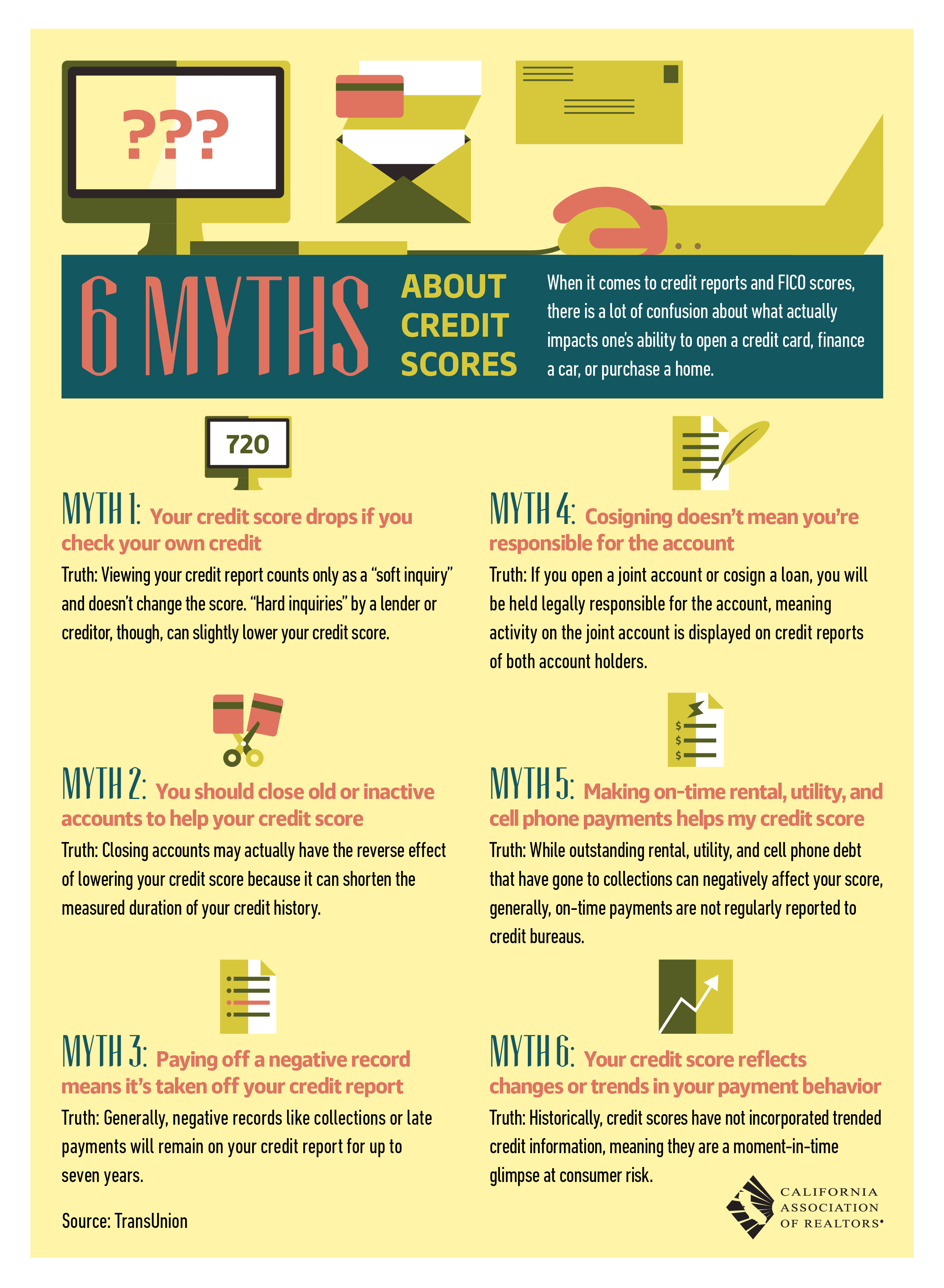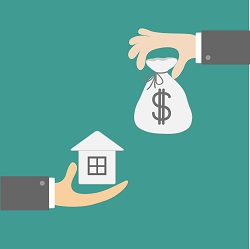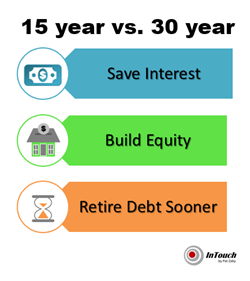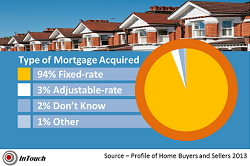 Rising interest rates are great if you are renewing a certificate of deposit but not so much when you’re borrowing money. With interest rates on the rise as well as home prices, housing affordability is a concern for would-be homeowners.
Rising interest rates are great if you are renewing a certificate of deposit but not so much when you’re borrowing money. With interest rates on the rise as well as home prices, housing affordability is a concern for would-be homeowners.
A rough rule of thumb is that a person’s or family’s housing should not exceed 28% of their monthly gross income. While rental rates and home prices have been consistently increasing, mortgage rates have been soaring in the past month. In one week, according to the Freddie Mac Primary Mortgage Market Survey, they jumped by .5%.
This means that people have to pay a larger percentage of their income for housing unless their incomes have been increasing at an equal pace. A $200,000 mortgage would be over $100 more per month if closed in July compared to closing at the interest rates available in January of 2013.
If rates increase by .5% by the time you close on the same size mortgage, payments would increase by almost $60 per month. In order to keep the payments the same, a borrower would have to put an additional $11,000 down to lower the mortgage amount.

Check out how your payment would be affected if interest rates continue to rise.
Although The National Association of REALTORS® suggests that housing is more affordable now than one year ago, according to the California Association of Realtors® that is not the case in California. Their May 2013 statistics show the largest year-over-year price gain in at least the last 33 years. Also, with all of the variables in play including inflation that were not addressed in this piece, it is unclear how long conditions will remain “affordable.”

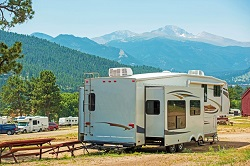 A couple is planning to tour the United States in a travel trailer during their first few years of retirement. They are going to sell their current home now and purchase another home when they finish their travels.
A couple is planning to tour the United States in a travel trailer during their first few years of retirement. They are going to sell their current home now and purchase another home when they finish their travels.